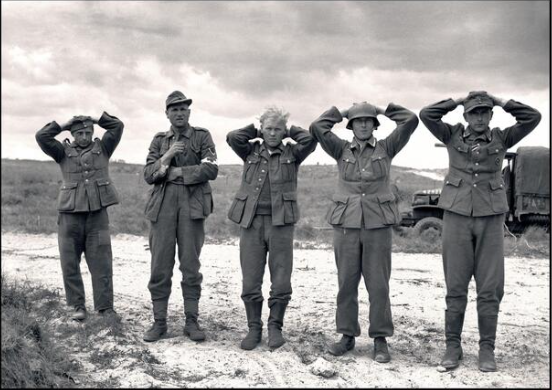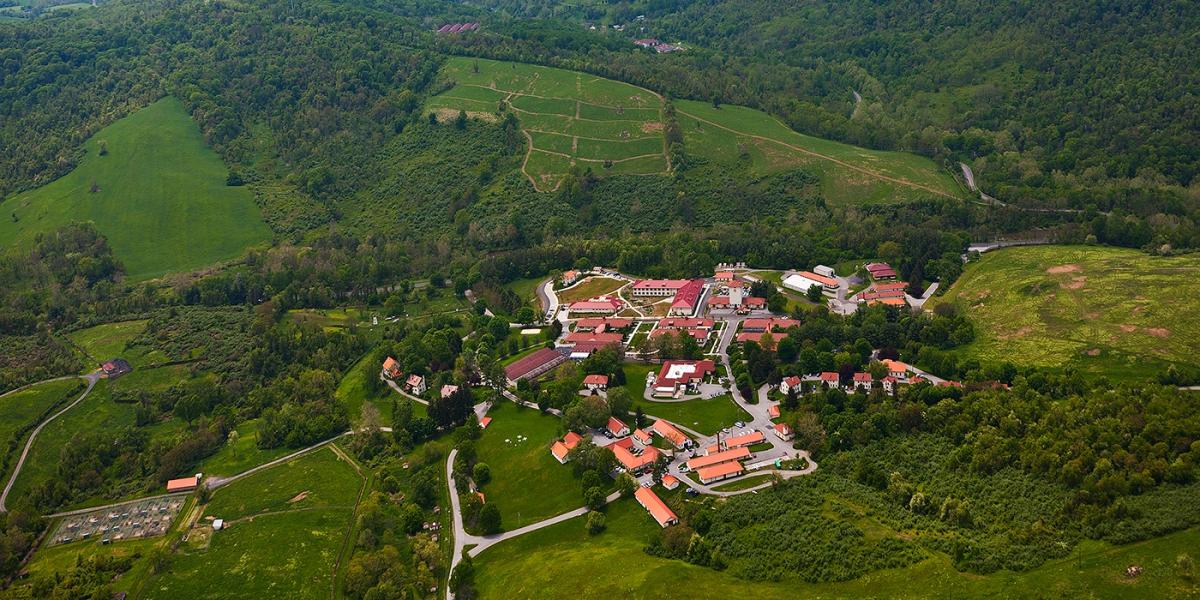expat500
Diamond Member
- Jan 16, 2012
- 6,111
- 4,067
- 1,928

A lost war is a heavy burden. Some German soldiers spent up to 10 years as POWs in Siberia. Many died in the camps, and some died after returning home when they ate their first big meal for years. Others discovered their wives had remarried and committed suicide. Those who returned to normal life were not acknowledged for what they had done, but they weren't despised either.
After coming back from war, the former soldiers worked extremely hard and disciplined. This might have been a coping strategy to deal with what they experienced during the war. Germany soon prospered. The "omertà," which means the principle of remaining silent about Nazism , was common sense until the late 60s. The early years of the Federal Republic were characterized by strict conservatism. Everyone felt they had done something wrong. Nobody was interested in talking about it, knowing that some brutal guys would get away with it.
When veterans met, they would discuss how they might have won WWII: "If I'd been in charge at the Ostfront, I'd have taken all Panzers together at one point and hit the 'Ivan' in the north where he least expected ..."
Besides, their ideas were strikingly similar: Push harder, focus more, ignore casualties, and produce more "Wunderwaffen." Some regarded Hitler as a visionary man who lost WWII because "too many hounds soon catch the hare." Most of the veterans I talked to were farmers. They made a little extra money cutting wood in the winter. While they sat by the fireplace to warm up, they'd sing Russian songs. Stockholm syndrome came alive.

What Was Life Like for German Soldiers in Germany After WW2? | Preshaas
German soldiers surrender ww2A lost war is a heavy burden. Some German soldie...
